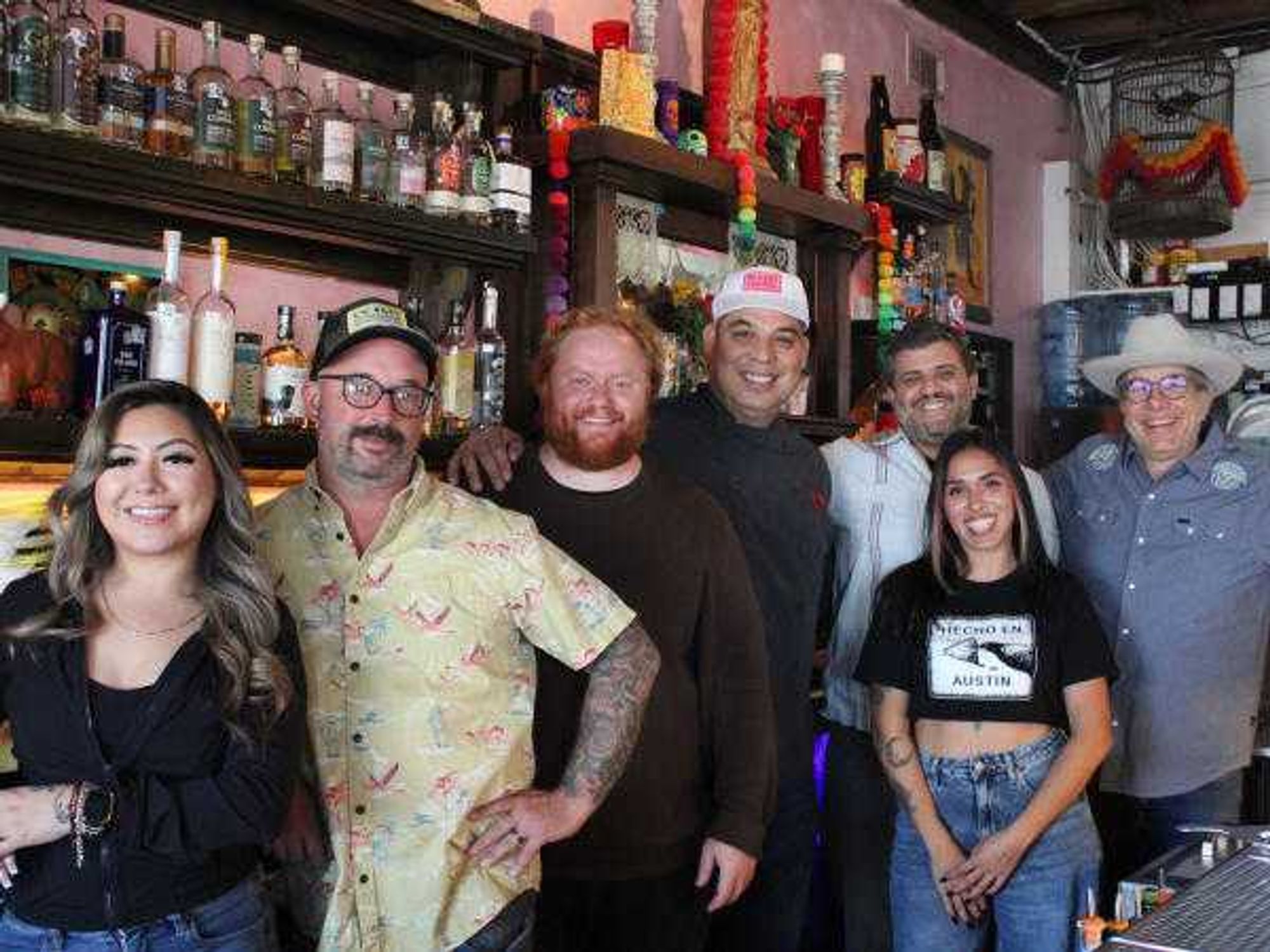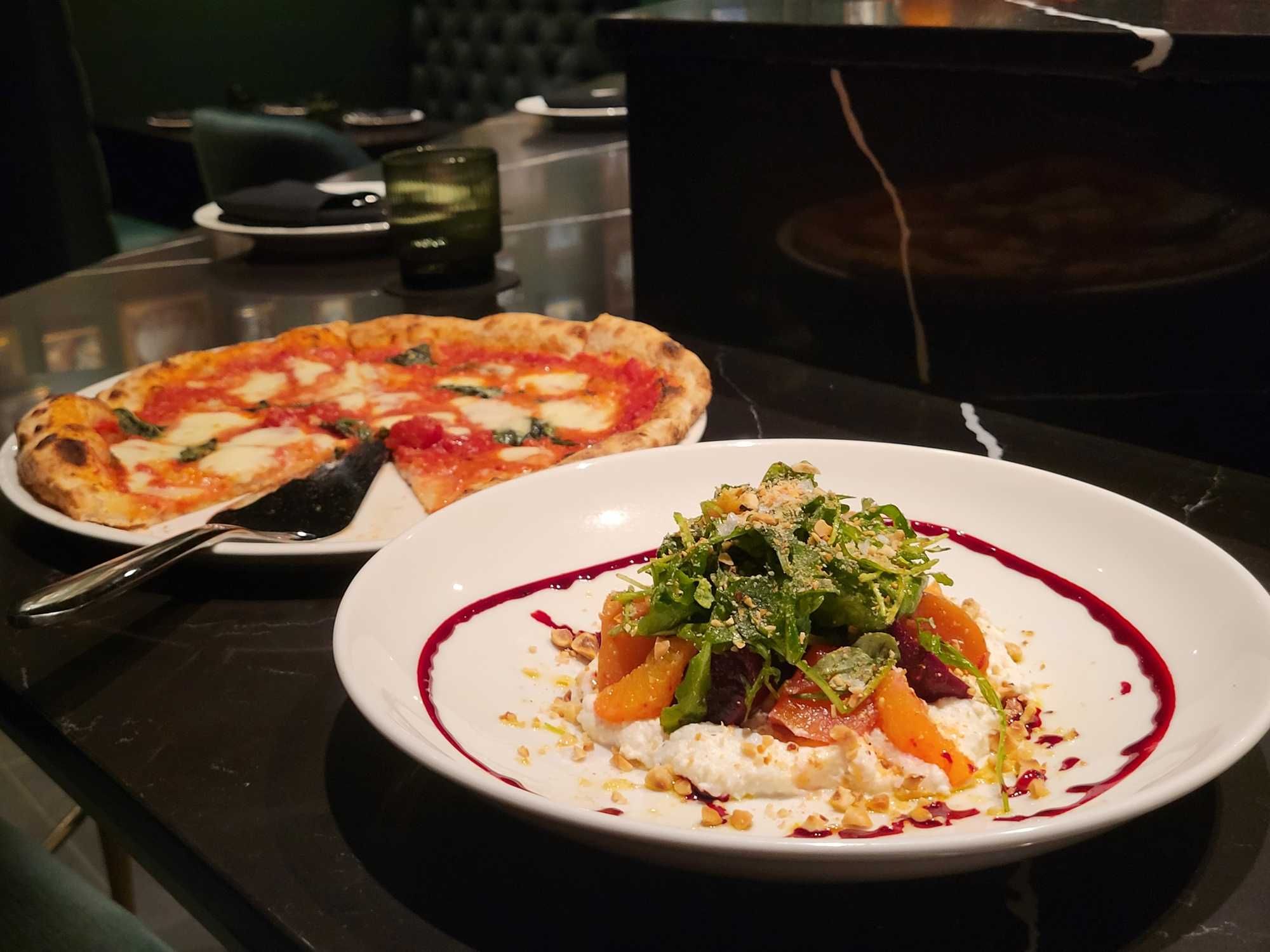Viva Méjico, cabrones!
Brush up on your Tejano history: Cinco de Mayo is about a whole lot more thanmargaritas and sombreros

 May 5, 1862, Battle of Puebla
May 5, 1862, Battle of Puebla
Despite what some beer commercials might want to make you believe, Cinco de Mayo is not Mexico's Independence Day, National Mexican Beer Day or, as it's now being called, Drinko de Mayo. Cinco de Mayo commemorates May 5, 1862, the day in which Mexico’s army, an outnumbered underdog, surprised French forces by whooping their derrières at the Battle of Puebla under the leadership of General Ignacio Zaragoza Seguín.
Although the basic facts are available to anyone with enough skills to find the Wikipedia entry for Cinco de Mayo, what many Texans ignore is that historians estimate there were 500 Tejanos in Zaragoza's army. After the victory, these soldiers, who came from places like El Paso and Corpus Christi, returned home and brought the celebration with them.
If the French had won the Battle of Puebla, history books would look very different today and maybe Mexico's rich culture would have been compromised. Sadly, a victory that represents so much in both Texas and Mexico's history is now mostly about parties, tacos, tequila, sombreros and cold beer.
Yes, the residents of Puebla celebrate Cinco de Mayo, but not many other places in Mexico do. Here in the US, it srated out with small gatherings held by Tejanos in remembrance of the victory at Puebla and as a way to celebrate their heritage, but it wasn't until the late 1960s and early 1970s that beer companies caught on and basically created a national holiday out of thin air in order to sell more beer.
Sadly, a victory that represents so much in both Texas and Mexico's history is now mostly about parties, tacos, tequila, sombreros and cold beer.
Since then, people who think building a fence at the border is a good idea and make fun of their Mexican neighbor wear a sombrero and ask for más tequila once a year.
Many participants defend the drinking and sombrero wearing by saying Cinco de Mayo is a celebration of Mexican heritage and pride. However, a quick look at the activities that will be held in Austin on that date tells a different story.
"Mexican beer specials, jello shots and tequila specials! We might even have a Mexican Hat dance-off so get ready!" says one invitation. In other words, come drink. While there's nothing wrong with drinking, turning Cinco de Mayo into a "holiday" that's all about booze is wrong because it undermines the importance of Tejanos and Mexicans in Texas by reducing their culture to cheap booze and a few stereotypes.
The plethora of events that have absolutely nothing to do with Mexico, Mexicans, Tejanos or Mexican culture and yet somehow become part of the Cinco de Mayo craze is staggering. There are some praiseworthy events like Deseo Centro Lounge's no-cover/donation night, which will benefit SafePlace; Chuy's Hot to Trot 5K & Kid K, which will benefit Special Olympics Texas; or the Humane Society of Williamson County's Mega Adoption Fiesta Event, where they'll try to find forever homes for 100 homeless dogs and cats in a single day.
While none of these events have anything to do with Mexican culture or the Battle of Puebla, at least they're for good causes, which makes their use of the Cinco de Mayo buzz forgiveable. The opposite end of the spectrum, however, is much more populated and harder to forgive. Every bar in town promises a mixture of at least two of the following elements: Dancing contests, tequila or Mexican beer specials, piñatas, music, games, sombreros, amigos, jalapeño eating contests and drunk señoritas. We can only dream about a day when the main concerns of Mexicans in the US include dancing, beer and friendship.
Mexicans are a vital part of Texas's culture and their presence can be felt in everything from our economy and gastronomy to our music and art scenes. They should be celebrated and thanked for the diversity they bring to our state, not reduced to a few tequila shots. In fact, hardcore Austin fans of Cinco de Mayo should spend more time celebrating that we were left with no anti-immigrant bill, visiting the Tejano monument at the Capitol grounds or trying to get any family, friends or acquaintances they might have there to move out of Arizona. As for Tejanos, I leave their importance to an expert, Dr. Andrés Tijerina:
... the Tejano culture has been adopted and spread by the Anglo-Americans themselves. Because Texas was the first Mexican state settled by the Anglo-American tide, Texas probably had a greater influence initially on that westward-moving frontier. The use of words like lasso, corral, and mustang in distant western states like Wyoming and Montana indicate the extent to which the tools, techniques, and animals of the Tejanos have spread across the United States. With those tools and animals, of course, spread the laws for water, land, and resource management. Aspects of Tejano life have colored and benefited American life. The tremendous herds of Tejano cattle provided beef for a steak-and-hamburger-eating nation in its dynamic industrialization phase. And Tejano laws laid much of the foundation for a prosperous Texan society. Indeed, the history of Texas can never be complete without the story of her original founders---the Tejanos."
So, go out on May 5 and have a beer or a few margaritas and then change your Facebook profile picture to something than involves drinking, mustaches and sombreros — but first make sure that you have actually done something to truly celebrate Mexico, Mexicans and our Tejano heritage.
Literature is my passion, and Mexico has given us plenty of material worth exploring. Read something by Juan Rulfo, Sor Juana Inés de la Cruz, Nobel Prize laureate Octavio Paz, the marvelous Carlos Fuentes, Amado Nervo, best-selling Jorge Volpi or an author I consider a Mexican version of James Ellroy (minus the telegrammatic prose), Paco Ignacio Taibo II. If you prefer movies, anything by Alfonso Cuarón, Guillermo del Toro or Alejandro González Iñárritu will make your day. As for music, we would need an entire website to scratch the surface.
Mexico has a lot to offer and most of it is readily available to us here in Austin; take advantage of it. By getting to know what Mexico and Mexicans mean to this nation and delving a bit into their rich culture, I'm sure you will mean it with all your heart when, at the end of the night, you scream "Viva Mexico, cabrones!"

 Beet and citru salad at Moderna. Photo by Brianna Caleri
Beet and citru salad at Moderna. Photo by Brianna Caleri